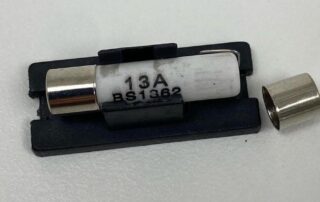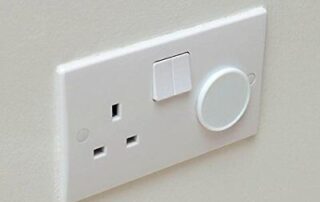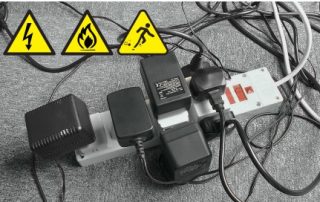Fake fuses
Nearly all Portable electrical items require a fuse for added protection in case of a fault. This fuse is designed to protect your device from harm should irregularities in current be detected. Fuse production is dictated by British Standard regulation BS1362 to ensure fuses are safe to use and are manufactured to full quality. But beware, there are counterfeit fuses which will cause more harm than good. These fake fuses could cause damage to [...]




